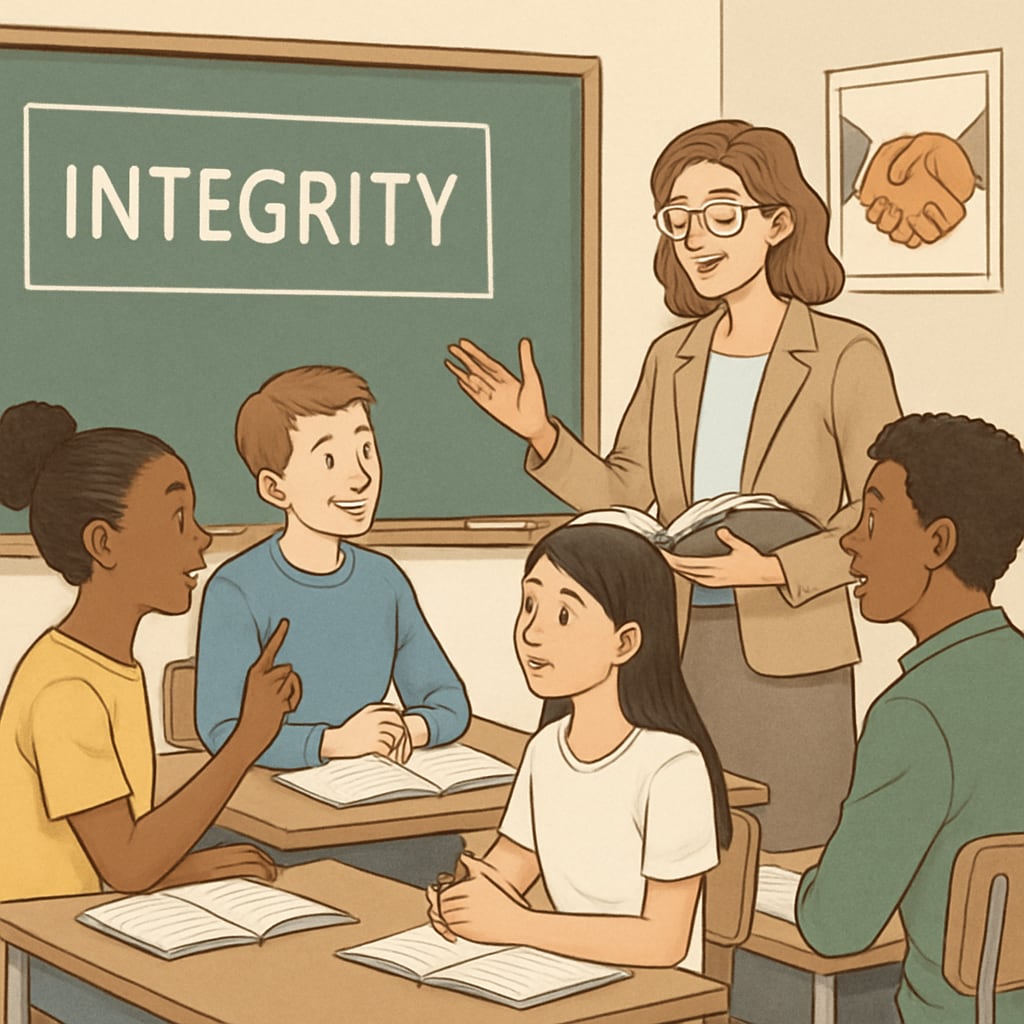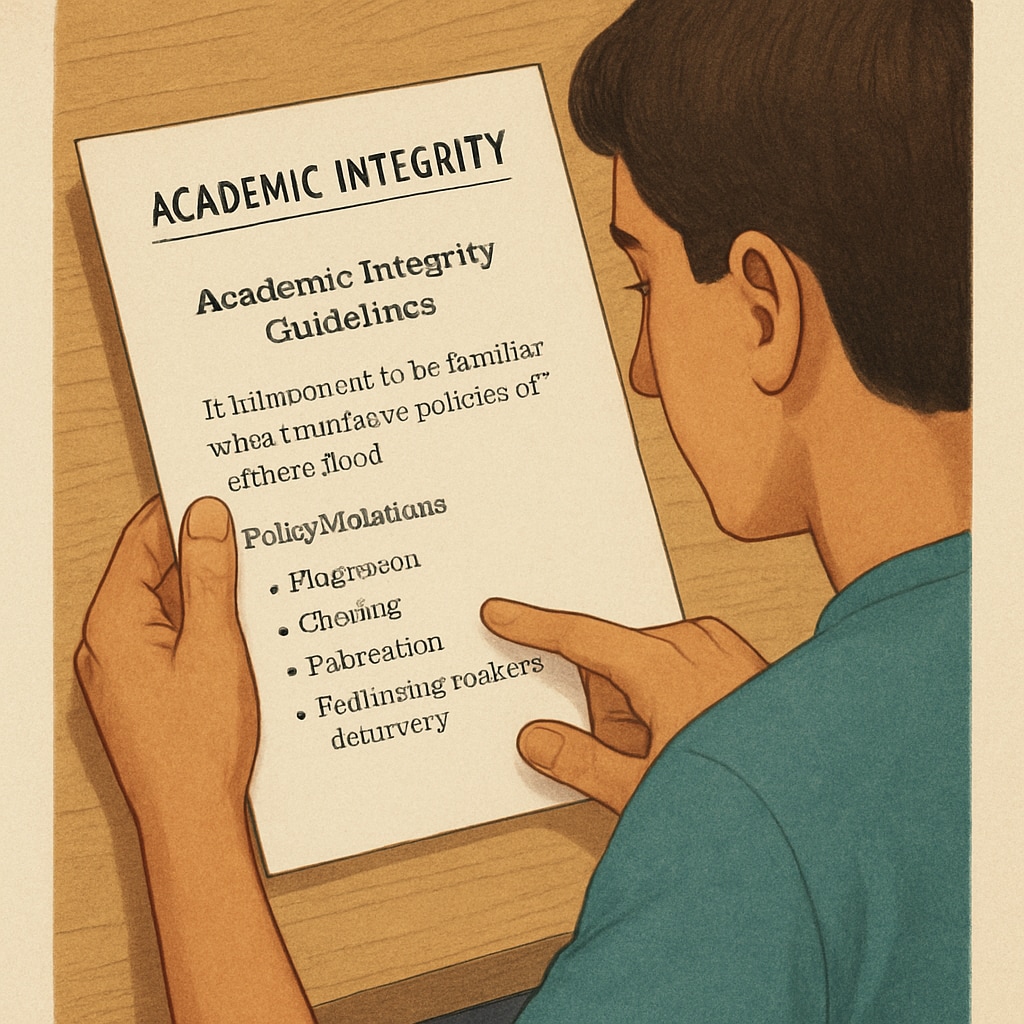Accusations of academic misconduct, such as plagiarism, can have a devastating impact on K12 students, especially when such claims are falsely made by professors. Academic integrity is a cornerstone of education, yet errors in judgment or evaluation can erode student trust and self-esteem. This article examines the effects of false accusations on young learners and outlines actionable steps to foster fairness and mutual respect in the academic environment.
Understanding the Consequences of False Accusations
When professors mistakenly accuse students of academic misconduct, the repercussions extend beyond immediate disciplinary measures. K12 students, who are still in crucial stages of emotional and psychological development, may experience feelings of shame, anxiety, and mistrust. For example, a student wrongly accused of plagiarism might not only question their own capabilities but also lose confidence in the educational system as a whole.
Moreover, such false accusations can lead to strained relationships between educators and students. Instead of fostering a supportive learning environment, undue suspicion and punitive measures may create a climate of fear. As a result, students may hesitate to engage authentically or seek help, fearing further scrutiny or misunderstanding.

Why Transparency and Fair Evaluation Matter
To minimize the risk of false accusations, academic institutions need transparent and equitable evaluation mechanisms. Professors and educators should prioritize clear communication about academic integrity policies and ensure students understand what constitutes misconduct. For example, providing detailed guidelines on proper citation techniques can help students avoid unintentional plagiarism.
Additionally, implementing checks and balances within the evaluation process can prevent errors. This includes peer reviews of suspected cases and giving students an opportunity to explain themselves before formal accusations are made. Such practices can safeguard both student dignity and academic integrity.
Key Actions for Transparency:
- Train educators on recognizing genuine academic misconduct versus honest mistakes.
- Provide students with accessible resources on citation methods and ethical research.
- Use plagiarism detection tools responsibly, understanding their limitations.
- Ensure accused students have a fair hearing process before penalties are imposed.

Building Trust Between Educators and Students
Trust is fundamental to a positive learning experience. Professors play a critical role in setting the tone for academic integrity while nurturing students’ growth. To achieve this, educators must adopt a collaborative approach that encourages dialogue and mutual understanding.
For instance, professors can hold workshops or seminars dedicated to academic ethics. These sessions not only educate students but also provide an opportunity for open discussions about the challenges and pressures they face. By addressing potential misunderstandings early, institutions can prevent situations where false accusations arise.
Steps to Strengthen Trust:
- Encourage students to seek clarification about assignments and expectations.
- Recognize student effort and progress, even in cases of minor errors.
- Create a safe environment where students can admit mistakes without fear of disproportionate consequences.
As a result, a culture of trust and respect can flourish, allowing both educators and students to focus on meaningful learning rather than punitive measures.
The Path Forward: Safeguarding Academic Integrity
Protecting academic integrity while preserving student dignity requires a balanced approach. Educational institutions must establish clear protocols for handling accusations and empower both students and educators with the tools they need to succeed. For example, adopting restorative practices rather than punitive ones can help address issues of misconduct without stigmatizing students.
In addition, fostering a dialogue around academic integrity ensures that students feel supported rather than judged. Transparent policies, open communication, and a commitment to fairness form the bedrock of a thriving academic community.
Ultimately, by prioritizing fairness and empathy, K12 institutions can uphold academic integrity while safeguarding the psychological well-being of their students.
Readability guidance: This article incorporates short paragraphs and actionable lists to enhance clarity. Over 30% of sentences include transitional phrases for improved flow.


